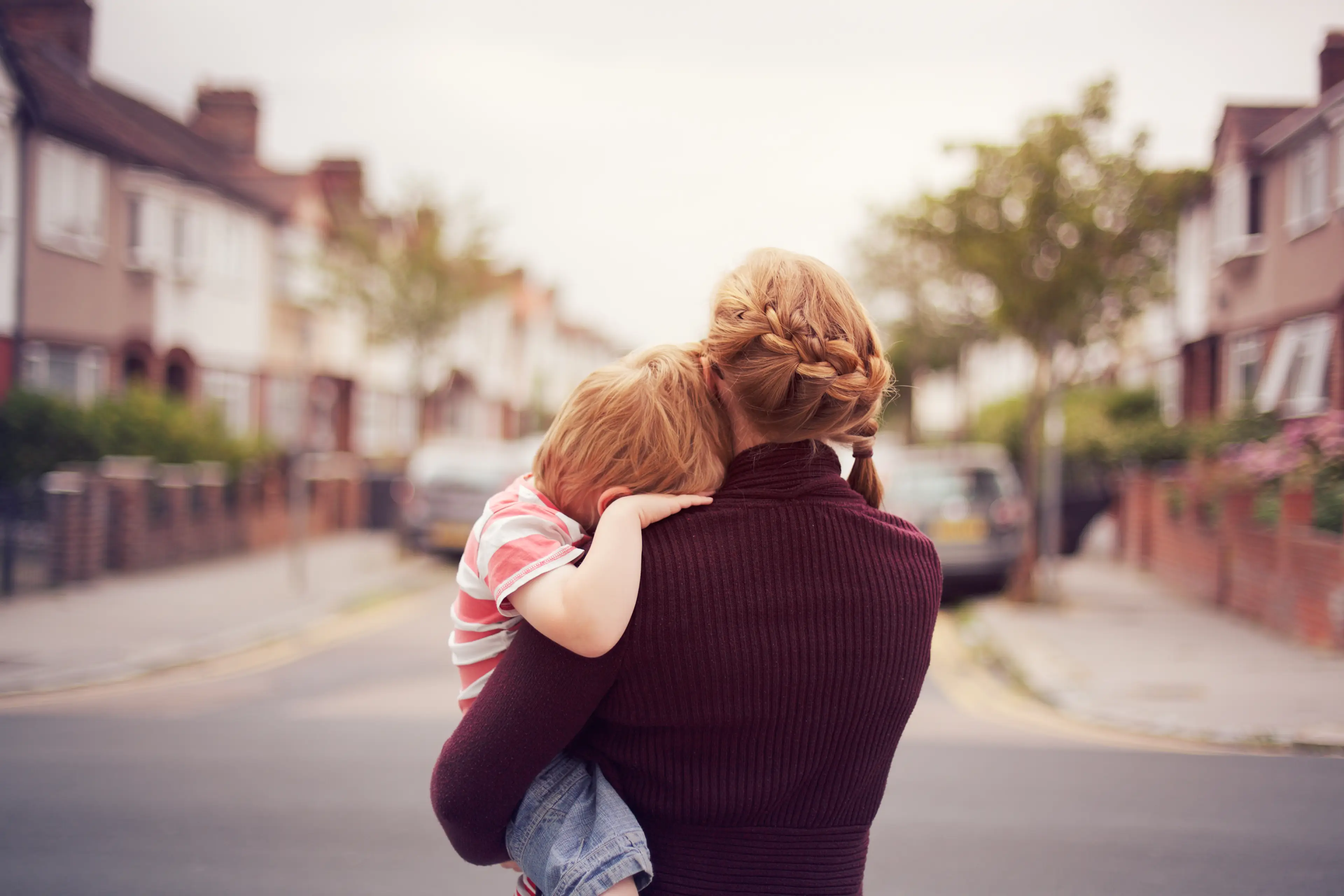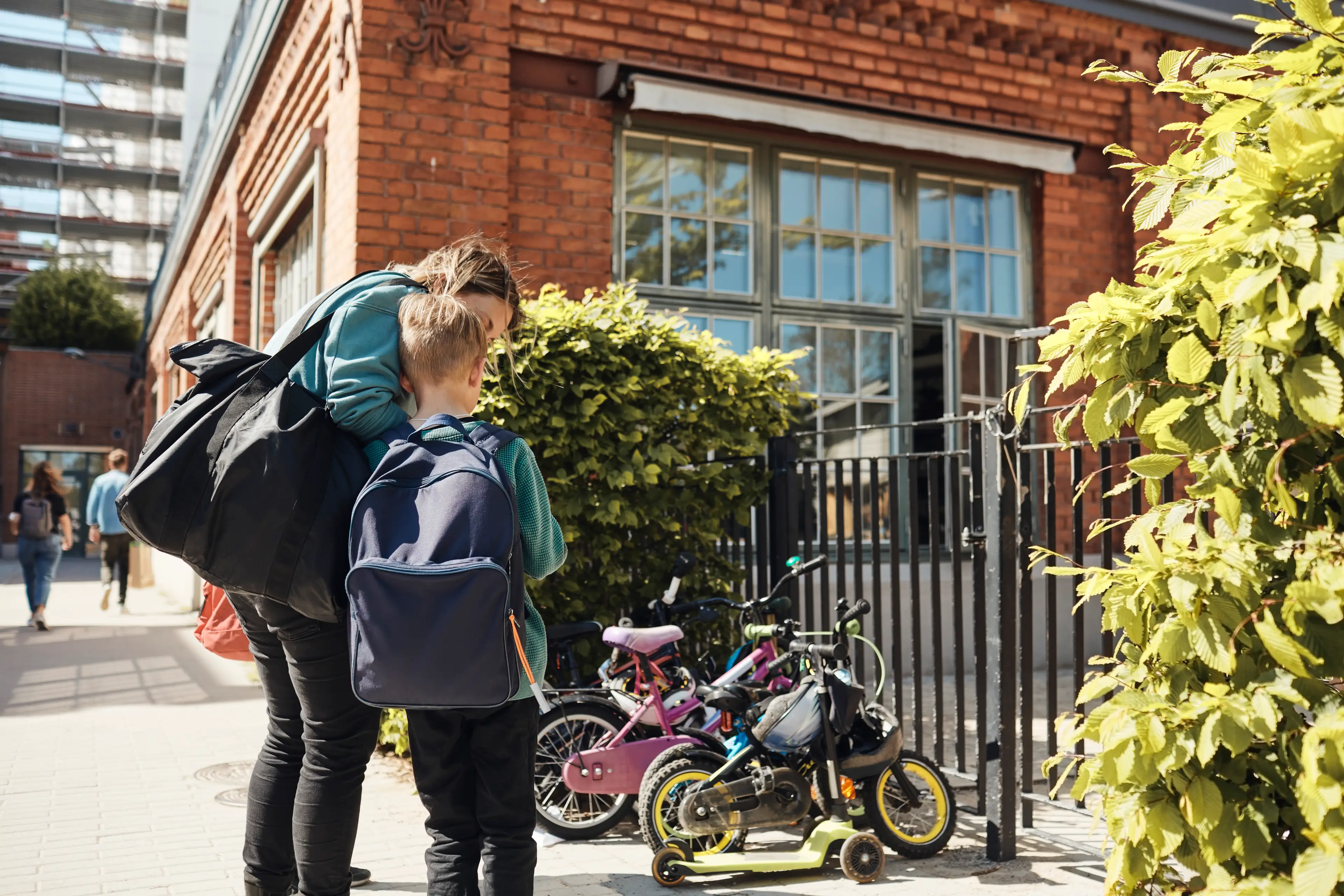
It's often hard to know how to best communicate with children, who often understand more than we might give them credit for.
You don't want to overwhelm them with grown-up jargon, but equally, there's a risk of dumbing things down too much - something they'll often pick up on.
While there's no one-size-fits-all approach, experts believe there are a number of things you can avoid if you want to ensure smooth communication with little ones and teens.
Child psychologist Dr Caroline Danda and clinical psychologist Dr Sarah Bren spoke to Parade about five key phrases that may have an adverse effect, even if accidentally.
Advert

“Perfect!”
Let’s face it, things aren’t always ‘perfect’, which is a word many parents and grandparents use when things go to plan.
Dr Caroline Danda warns, telling Parade: “Using the term ‘perfect’ can promote the notion that perfection is attainable and expected."
How about going for ‘That works, thanks!’ or ‘Job well done’ instead?
“It’s not a big deal...”
It may not seem like a big deal to you, but it might be to them.
“Kids and teens don’t have the wisdom of parents or grandparents,” Dr Danda advised.
“Validate feelings first and listen so kids, and especially teens, can express and feel their emotions. It’s easier to move through a highly-charged situation when you feel someone understands.”
“Here’s what you should do...”
Instead, Dr Danda believes it’s better to ask: “I have some ideas if you’d like to hear them.”
“This allows parents to save their breath if kids aren’t ready to listen,” she said.
“At the same time, kids will know their parents are available for support and have ideas.”
Going for the more definitive approach can unwittingly undermine a child’s confidence and independence, while adding to ‘should’ may contribute to feelings of shame.
Dr Danda added you could always kickstart a conversation by saying you’re ‘curious’ to know the child’s thoughts on something, or summarise the situation to help prompt a solution.

“How was your day?”
Asking how a child’s day was may seem well-intentioned, but Dr Danda reckons they’ll shrug it off by saying ‘fine’, and then become annoyed if you probe further.
She recommends making ‘observations’ rather than asking questions, such as: “Happy you’re home”, “Glad you’re back”, or “I’m happy to see your smiling face”.
Dr Bren added: “It’s important to remember that they are transitioning out of a long, demanding and stimulating day, and asking them to reflect and generate responses to your questions may be overwhelming to them, leading them to shut down."
“What’s your plan for college?”
This one can often be a source of contention for children and their parents - after all, not everyone’s educational path looks the same.
While it might seem encouraging to show someone that you believe they’d be perfect for higher education, not everyone wants to take that route.
Dr Danda explained: “Not every student decides or needs to go to college immediately after high school. Some kids need more time to mature and explore their interests. Others excel in trades or other jobs.”
Instead of the ‘go-to question’ she’s often seen, especially in high-achieving regions, she recommends going for something less loaded like ‘What are your plans after you graduate?’
Topics: Parenting, Mental Health